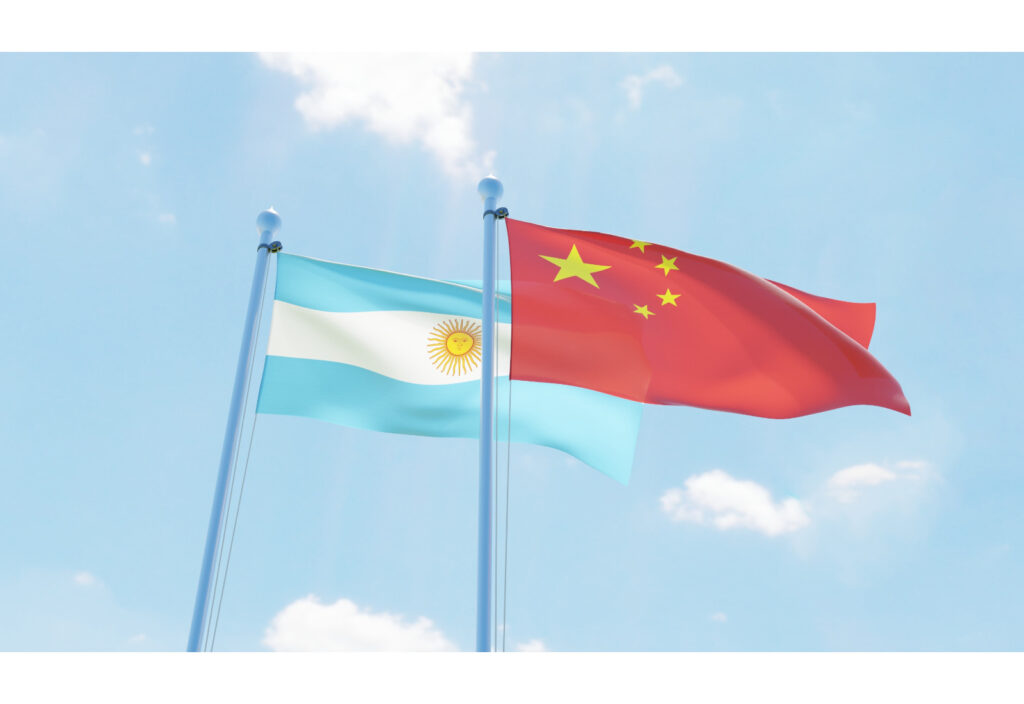On December 10, Argentina will be swearing in a new president, Javier Milei. As one would expect in the case of someone nicknamed El Loco, Milei leaves no one indifferent, and surely his every move once in office will be closely monitored. His China policies will be no exception.
Shortly after his election – in an interview with Tucker Carlson – Milei warned that he would not do business with China, or indeed any “communist,” suggesting that would be incompatible with his role as “a defender of freedom, peace and democracy.” Previously he had referred to China as an “assasin.” Yet later on, Milei changed his tune, thanking Xi Jinping for his congratulatory message. This suggests that Milei, whatever his personal antipathy toward China’s rulers and system, recognizes that a spat with Beijing would likely be an inauspicious start to his administration.
China is Argentina’s second-largest trading partner – after Brazil, a country with which the Milei government’s relationship is bound to be tense. Beyond trade, China has invested billions of dollars in Argentina through strategic projects, including lithium and solar power plants in the north and a space station in Patagonia. And Argentina has been turning to a currency swap line with China to service its IMF debt.
Given all this, realpolitik dictates that Milei must make nice with China, even if deep down he views its government unfavorably. And with time, once he gets to visit China and interact more meaningfully with Chinese officials, he might reassess his views about the country. Indeed, this is what happened with his counterpart in neighboring Chile, Gabriel Boric, who appears to have warmed up to China since coming to power, despite earlier criticism of China’s human rights record. Though Milei will have far less ideological affinity with Beijing than leftist Boric, the economic reformer in him will likely come away with at least some admiration for China’s pragmatic approach to economic development.
China is also likely to take a pragmatic approach toward President Milei, as it did following his victory, by tuning out his earlier bombast and opting to congratulate him. Milei has promised to apply “shock therapy” to rescue Argentina’s economy from its current doldrums. While there is optimism from within certain quarters that the Milei approach might work, there are also concerns that “dollarization and fiscal austerity would be highly deflationary, meaning that unemployment and poverty rates could skyrocket, throwing Argentina into a disorderly tailspin and, possibly, leading to mass protest and civil unrest.”
Under these conditions, China is well placed to help make Argentina’s economic journey more bearable. Upping Chinese investment levels could help offset the impact of disruptive economic changes. Meanwhile, keeping the Chinese market open, and perhaps making it more so, to Argentinean exports will bring a much-needed measure of stability. If, when all is said and done, China proves to be a positive influence as Milei carries out his ambitious platform, it might emerge strenghened in its role as a key strategic partner of Argentina.

























